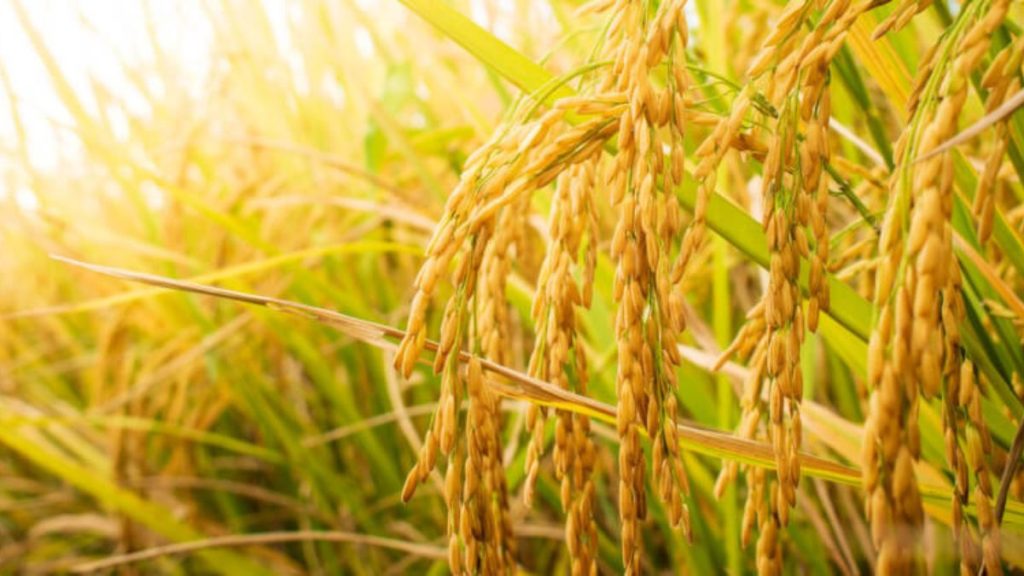Tags
Centre Allocates 2.8 Million Tonnes More FCI Rice for Ethanol
To strengthen its clean energy agenda, the Indian government has approved an extra 2.8 million tonnes of FCI rice for ethanol production during the 2024–25 ethanol supply year. This brings the cumulative rice allocation under the Ethanol Blended Petrol (EBP) scheme to 5.2 million tonnes.
Posted by Shivam

In a significant move to accelerate its clean energy transition, the Government of India has approved an additional allocation of 2.8 million tonnes of Food Corporation of India (FCI) rice for ethanol production during the Ethanol Supply Year (ESY) 2024–25. This takes the total rice allocated for ethanol under the Ethanol Blended Petrol (EBP) programme to 5.2 million tonnes. While the decision aligns with India’s target of 20% ethanol blending by 2025–26, it has reignited debates over food security and the ethical use of food grains for fuel.
Why in News?
On May 12, 2025, the Union Ministry of Consumer Affairs, Food and Public Distribution approved an additional 2.8 million tonnes of FCI rice for ethanol production. The approval comes as part of India’s strategy to boost ethanol output for its Ethanol Blended Petrol (EBP) Programme, amid concerns regarding the diversion of essential food grains during times of inflation and nutritional stress.
Key Highlights of the News
- Total Rice Allocation for ESY 2024–25: 5.2 million tonnes
- Additional Allocation Approved: 2.8 million tonnes
- Previously Approved Allocation: 2.4 million tonnes
- Issue Price of FCI Rice for Distilleries: ₹22.50 per kg
- Ethanol Conversion Rate from Rice: 470 litres/tonne
- Expected Total Ethanol Output from Allocation: ~2.45 billion litres
- ESY Timeline: December 2024 to October 2025
- Current Lifted Quantity by Distilleries: ~1 million tonnes
Aim and Objectives of the EBP Programme
- Reduce dependence on imported fossil fuels
- Cut carbon emissions by blending ethanol with petrol
- Promote cleaner energy alternatives
- Provide remunerative prices to farmers through alternative demand for crops
Background & Static Information
- Ethanol Blended Petrol (EBP) Programme: Launched by the Ministry of Petroleum & Natural Gas to achieve a blending target of 20% ethanol in petrol by 2025–26.
- First-Generation (1G) Biofuels: Derived from food crops like sugarcane, maize, and rice. Raises concern due to competition with food and fodder needs.
- Second-Generation (2G) Biofuels: Produced from non-food biomass such as agricultural waste, crop residues, and industrial waste. These are more sustainable but technologically costlier.
Concerns and Significance
Concerns
- Potential impact on food security and prices
- Ethical concerns over using edible grains for fuel during nutritional stress
- Long-term effect on livestock feed availability
Significance
- Major step toward achieving India’s 20% ethanol blending target
- Encourages alternative use of surplus food stocks
- Boosts biofuel sector and clean energy goals
- Enhances rural income through crop diversification
| Summary/Static | Details |
| Why in the news? | Centre Allocates 2.8 Million Tonnes More FCI Rice for Ethanol |
| Total FCI Rice Allocated for Ethanol | 5.2 million tonnes (2.8 million tonnes added) |
| Purpose | Ethanol production under EBP Programme |
| Issue Price | ₹22.50 per kg |
| Ethanol Output Expected | ~2.45 billion litres |
| Ethanol Supply Year | Dec 2024 – Oct 2025 |
| Ethanol Blending Target | 20% by ESY 2025–26 |
| Major Concern | Food security and ethical use of grains |
Published Date: May 14, 2025






